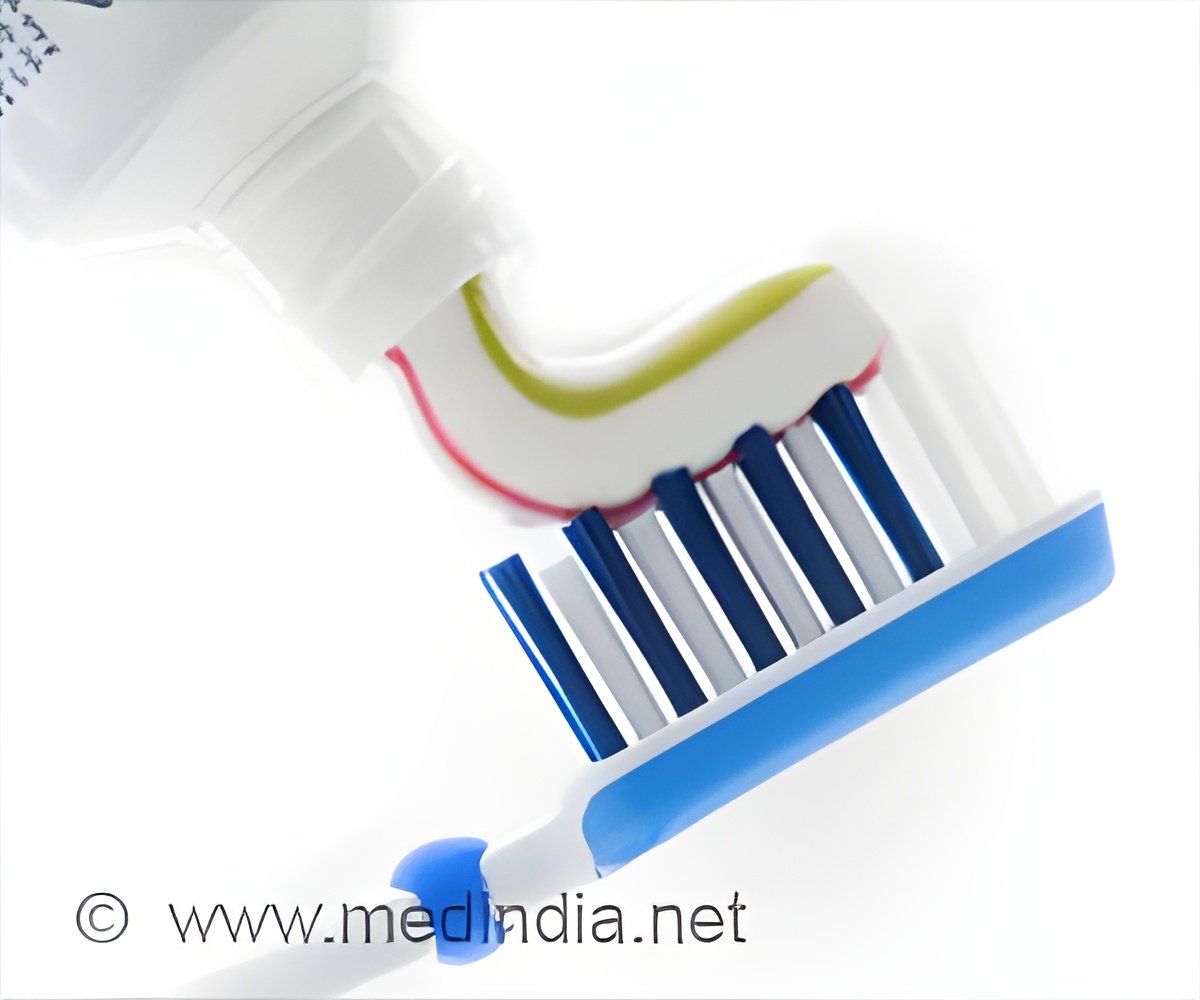Triclosan, a common ingredient present in toothpaste and handwash could be contributing to antibiotic resistance, revealed study.

‘Triclosan, a common ingredient present in toothpaste and handwash could be contributing to antibiotic resistance.’





Dr Guo said while it was well-known the overuse and misuse of antibiotics could create 'superbugs', researchers were unaware that other chemicals could also induce antibiotic resistance until now. "Wastewater from residential areas has similar or even higher levels of antibiotic resistant bacteria and antibiotic resistance genes compared to hospitals, where you would expect greater antibiotic concentrations," he said.
"We then wondered whether non-antibiotic, antimicrobial (NAAM) chemicals such as triclosan can directly induce antibiotic resistance," Dr Guo said.
"These chemicals are used in much larger quantities at an everyday level, so you end up with high residual levels in the wider environment, which can induce multi-drug resistance.
Advanced Water Management Centre Director, Professor Zhiguo Yuan, said the discovery should be a wake-up call to re-evaluate the potential impact of such chemicals.
Advertisement
Antimicrobial resistance has become a major threat to public health globally with approximately 700,000 people a year dying from antimicrobial-resistant infections.
Advertisement
Source-Eurekalert















